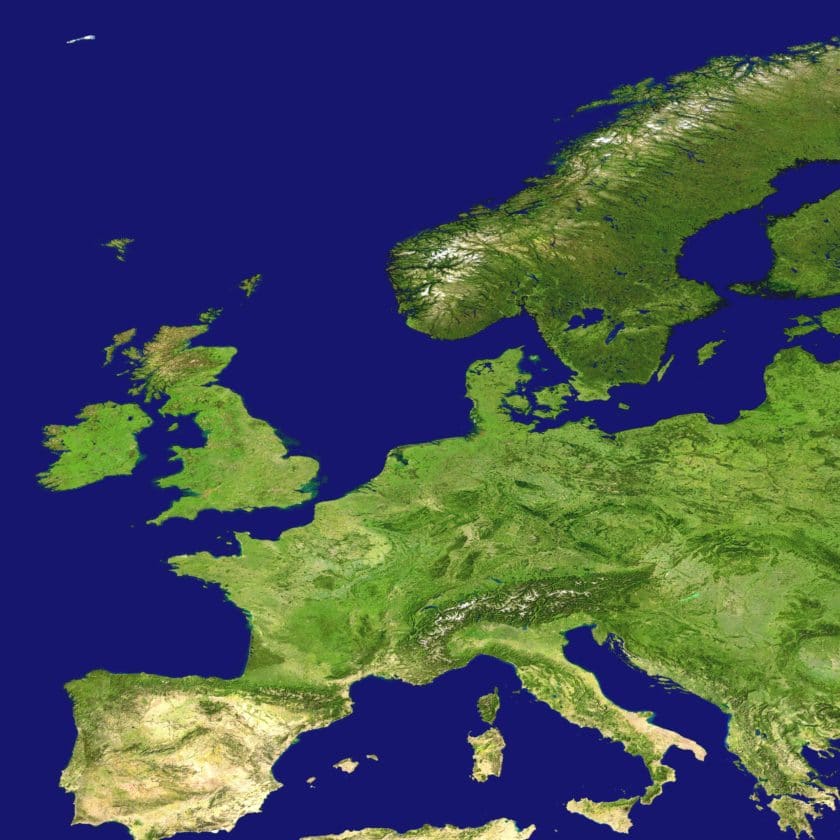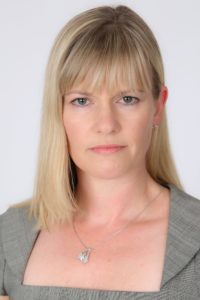For this month’s article examining funds that are close to or have passed a three year milestone, Juliet Schooling Latter, research director, FundCalibre, delves into the Jupiter European Smaller Companies fund.
“I’m excited about what is in front of us as growth investors in the next 12-18 months. We’ve seen this wholesale pessimism and de-rating in Europe, with the discount to the US now at levels last seen in 2008. Europe was bust back then, that’s not the case now as there are some great growth companies in fantastic fettle – for an active manager it’s a very fertile opportunity.”
That’s the view of Jupiter European Smaller Companies co-manager Philip Macartney, whose team have been making a number of changes to their portfolio in recent months to help them reap the rewards in the next economic cycle.
In truth, there are reasons for pessimism. War between Russia and Ukraine, energy shortages and inflation, monetary tightening, rising unemployment and populist politics come to mind. But sentiment has been hit hard across the board – so how much is now in the price of European equities?
The aforementioned discount to US equities is just one example. European consumer confidence is also at a record low since they began recording the data in 1985*.
Macartney says these pressures have affected the entire market. But small-caps have also faced the additional challenge of liquidity – with price-to-earnings falling markedly as a result.
The cause for optimism is what Macartney sees as a move towards growth in the past four months. He says structural growth is now outperforming, with companies which are globally exposed beginning to outperform their domestically focused peers.
“The wider market decision to aggressively sell high risk, growth companies has given us an opportunity to pivot into those structural growth stories, many of which have a global footprint.”
Macartney joined Jupiter in 2020 and became co-manager of the fund the following year. Fellow manager Mark Heslop has run the portfolio since its launch in February 2020. Heslop is a veteran in the area, having managed both a global and European smaller companies fund during his 11-year spell at Columbia Threadneedle.
The teams’ philosophy is to buy high quality hidden gems for the long term. The fund’s universe is the bottom 20 per cent of the European market, companies ranging from €500m to €10bn. The fund targets quality cash generative businesses. These companies must have a sustainable competitive advantage and the team only looks for the highest quality business models.
The team tap into secular growth trends like ageing populations; emerging wealth; automation and supply chain efficiency; environment; consumer behaviour and data/digitalisation.
Analysing and understanding the industry in which a company operates is critical to any investment. For example, why a company’s competitive advantage is sustainable. To do this the team looks at a classic five forces model examining; the threat of new entrants; the bargaining power of both suppliers and buyers; the threat of substitutes; and rivalry amongst existing competitors.
A detailed business analysis is undertaken on 150 companies – including ESG – with the best 50-60 names making the portfolio.
So which names have the team been adding to in preparation for this new cycle? They include the likes of Swedish property portal Hemnet, which has a 95 per cent share of its market, and Swiss-based peptide- therapeutics company Bachem.
“Another I particularly like is German chemical lubricants company Fuchs,” Macartney says: “It is the independent leader in specialised lubricants. They are actually submerging data centre chipboards in lubricant to dissipate the heat. Which means you can make a tighter data centre, bringing the servers together in a more closely-knit formation, saving space and energy.”
A number of leading car manufacturers use Fuchs and they’re now migrating this into the electric car space. “There is 1.5x more lubricant in an electric car than a combustion engine – the reason being you’ve got to cool the battery or you are basically driving a bomb,” Macartney adds.
Not all companies held have a global footprint, examples include Italian food distribution company MARR. Although it’s priced halved due to food price inflation, Macartney says historically it has taken 5-7 points of market share in tough times.
Macartney says resiliency is the big ticket in these trying times. He says European small-caps tend to be family owned – providing greater investment as a result – but are also more cautious with their balance sheets, meaning they often avoid aggressive M&A activity, which can often not bare fruit. That resiliency of growth, coupled with a global footprint, are an attractive option in this climate.
Having launched in February 2020, this fund has been through some extreme periods in its short life. But we are confident in the experience of the team and the success of their investment process, which allows them to tap into high quality businesses at attractive prices.
Past performance is not a reliable guide to future returns. You may not get back the amount originally invested, and tax rules can change over time. Juliet’s views are her own and do not constitute financial advice.*Source: Jupiter – Darkest before Dawn for European equities – November 2022.
[Main image” usgs-inNzGtPrkHk-unsplash]































